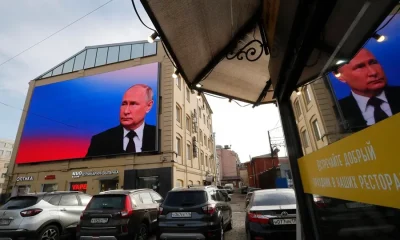International
A foreigner detained in the Caucasus acknowledges that he supplied the weapons to the terrorists of the attack in Moscow
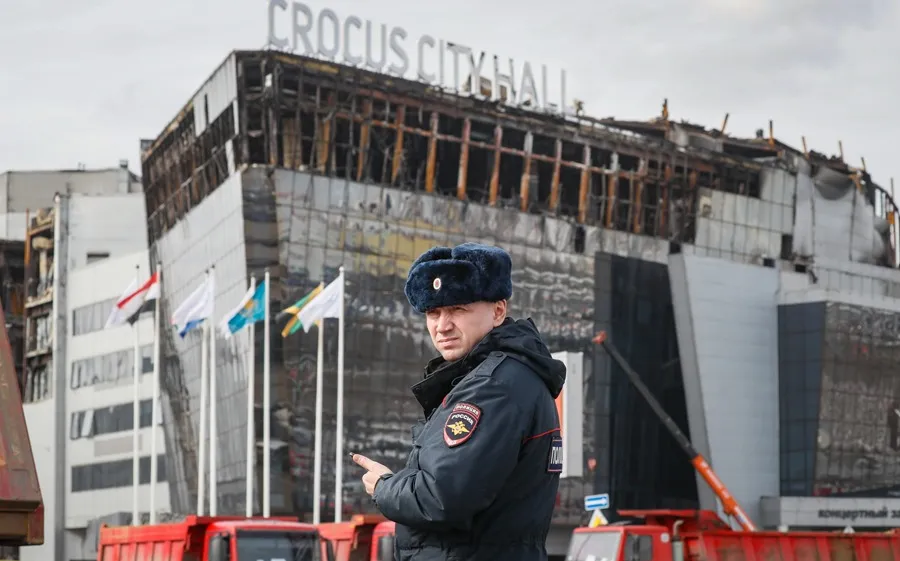
A foreign citizen detained in the Republic of Dagestan (Russian North Caucasus) confessed to having supplied the weapons with which the terrorists perpetrated on March 22 the attack on the Crocus City Hall concert hall, on the outskirts of Moscow, in which at least 144 people were killed.
“I took the weapons to those guys who attacked the Crocus City Hall in Moscow. I took them from Majachkalá (Daguestan capital) to Mitishi,” in the suburbs of the Russian capital, the detainee admitted in a video of the Federal Security Service (FSB) released on Monday by local agencies.
The images were released after the FSB declared that four foreigners arrested yesterday in Dagestan financed and provided weapons to the terrorists who perpetrated the attack on the outskirts of Moscow.
According to the FSB, the detainees, who were part of a terrorist cell, were preparing an attack in the Dagustan city of Kaspiisk, on the banks of the Caspian.
“We were planning a terrorist attack on the Kaspiisk promenade or in the Victory Park. We wanted to detonate a bomb in the middle of a crowd,” said one of the detainees, whose citizens have not yet been revealed by the FSB.
Meanwhile, the Russian Foreign Espionage Service (SVR) today linked the Ukrainian border attacks of recent months with the attack on the Crocus City Hall concert hall.
“The Kiev regime has been wading a full-blown terrorist war against our country for a long time, which its representatives openly talk about,” the SVR statement reported (according to its acronym in Russian).
The note mentions the head of Ukrainian military intelligence, Kirilo Budanov, and the director of the Security Service of Ukraine, Vasily Maliuk, whose delivery was officially requested by Moscow due to his alleged involvement in terrorist acts in Russian territory.
The SVR directly linked the attack of March 22 with the attacks of the Ukrainian artillery against the regions of Belgorod and Kursk.
International
Death toll from southern Spain train crash rises to 40
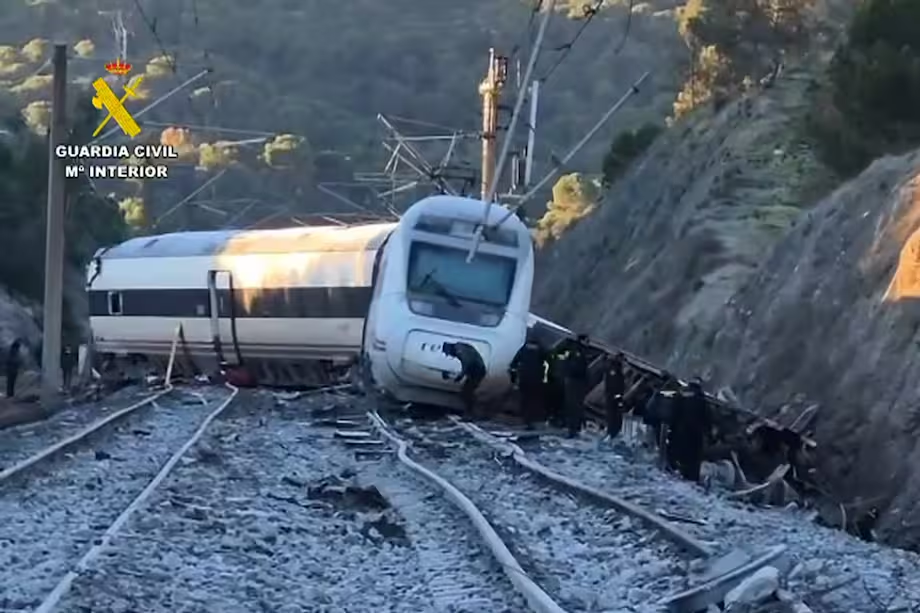
The death toll from the train accident that occurred on Sunday in southern Spain has risen to 40, according to investigative sources cited by EFE on Monday afternoon.
Since early Monday, search operations have focused on the damaged carriages of a Renfe train bound for Huelva, which collided with the last derailed cars of an Iryo train traveling from Málaga to Madrid after it left the tracks.
The crash has also left more than 150 people injured. Of these, 41 remain hospitalized, including 12 in intensive care units at hospitals across the Andalusia region.
More than 220 Civil Guard officers are working at the site, searching the railway line and surrounding areas for key evidence to help identify victims and determine the causes of the accident.
The tragedy has revived memories of the deadliest railway disasters in Europe in recent decades. In Spain, the most severe occurred on July 24, 2013, when an Alvia train derailed near Santiago de Compostela, killing 80 people and injuring 130 others.
At the European level, the worst rail disaster took place on June 3, 1998, in Eschede, northern Germany, when a high-speed train struck a bridge pillar at 200 kilometers per hour, resulting in 98 deaths and 120 injuries.
International
Spain’s Prime Minister pledges transparency after train crash kills at least 39
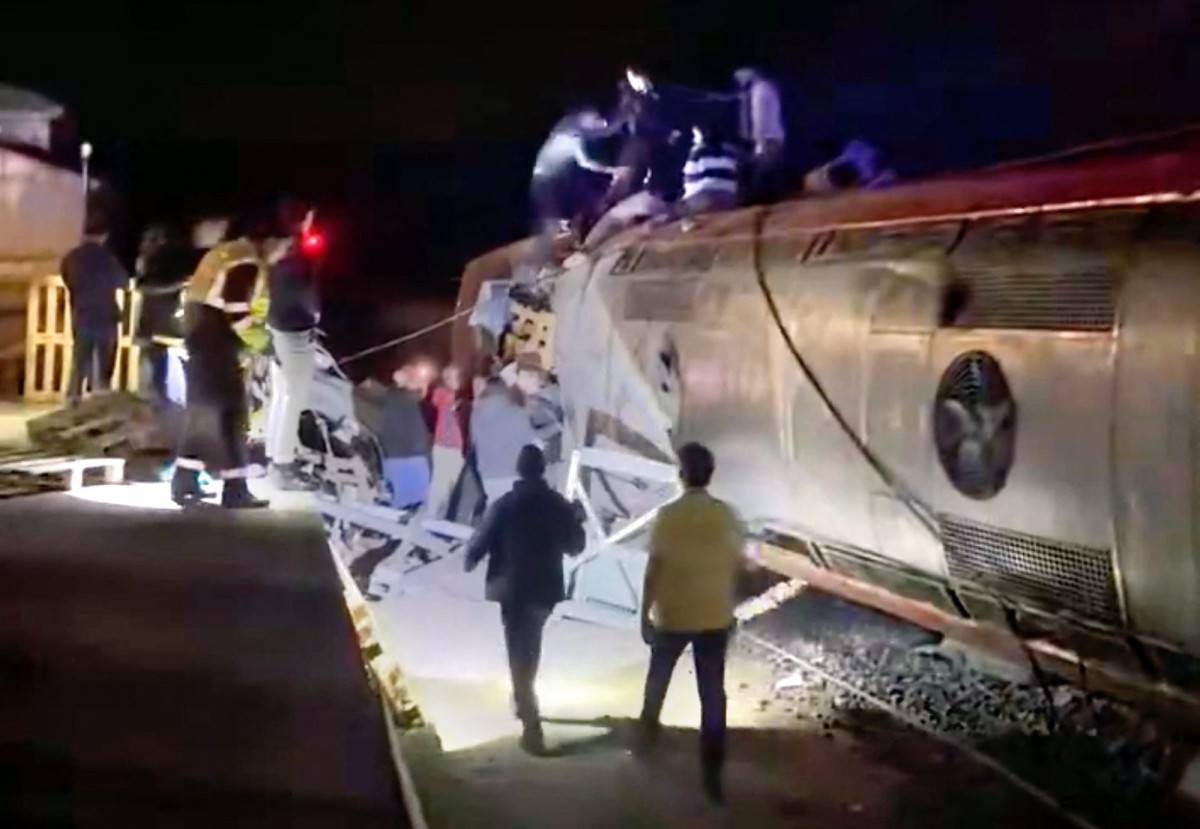
Spanish Prime Minister Pedro Sánchez pledged on Monday to ensure “absolute transparency” regarding the causes of a train crash that killed at least 39 people on Sunday in southern Spain, warning that the death toll could still rise.
The fatal accident occurred in the Andalusia region, where the number of confirmed deaths reached 39 by Monday morning, according to a spokesperson for the Ministry of the Interior.
Authorities were preparing to deploy heavy machinery to lift several derailed train cars. “We are waiting for cranes to be installed this morning to lift cars one, two and three of the Alvia train, which suffered the most damage,” said Andalusian regional president Juanma Moreno Bonilla on regional television. “It is likely that once they are lifted, we may find more victims,” he added.
The disaster also left more than 120 people injured. As of Monday afternoon, 43 victims remained hospitalized, including 12 in intensive care, according to emergency services.
International
Over 160 christian worshippers kidnapped in Kaduna Church attacks

More than 160 Christian worshippers were abducted on Sunday during coordinated attacks carried out by armed gangs on two churches in a remote village in Kaduna State, northern Nigeria, according to a cleric and a United Nations report accessed by AFP on Monday.
Nigeria, Africa’s most populous nation, has witnessed a renewed surge in mass kidnappings since November, prompting the United States government to carry out military strikes on Christmas Day in the northwestern state of Sokoto.
U.S. President Donald Trump accused Nigerian armed groups of targeting Christians, describing the violence as a form of “genocide” against the religious community.
According to Reverend Joseph Hayab, president of the Christian Association of Nigeria in the north, the attackers arrived in large numbers, blocked access to the churches, and forced worshippers to flee into nearby forests.
“The attackers came in large numbers, sealed off the entrances to the churches, and drove the faithful into the bush,” Hayab told AFP.
-

 International3 days ago
International3 days agoU.S. deportation flight returns venezuelans to Caracas after Maduro’s ouster
-

 Central America2 days ago
Central America2 days agoGuatemala prison uprisings leave 46 guards held by gangs
-

 International19 hours ago
International19 hours agoDeath toll from southern Spain train crash rises to 40
-
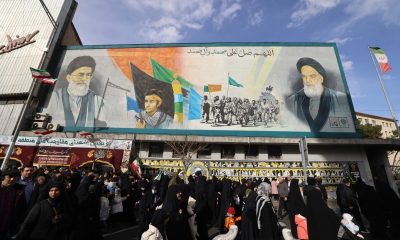
 International4 days ago
International4 days agoCanada accuses Iran of killing its citizen during anti-government unrest
-

 International4 days ago
International4 days agoSheinbaum highlights anti-drug gains after U.S. says challenges remain
-

 International19 hours ago
International19 hours agoOver 160 christian worshippers kidnapped in Kaduna Church attacks
-

 Central America19 hours ago
Central America19 hours agoGuatemala raises police death toll to nine after gang violence escalates
-

 International2 days ago
International2 days agoChile declares state of catastrophe as wildfires rage in Ñuble and Biobío
-

 International3 days ago
International3 days agoFormer South Korean President Yoon sentenced to five years in prison
-

 International19 hours ago
International19 hours agoSpain’s Prime Minister pledges transparency after train crash kills at least 39

























